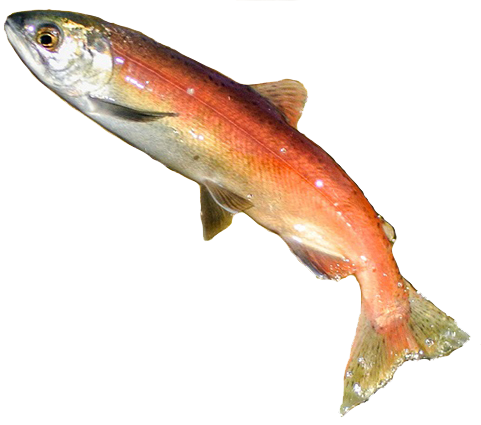
Funding
Our annual grant intake is now closed. The projects proposed through grant applications help us fulfill our mission to conserve and enhance fish and wildlife in watersheds impacted by BC Hydro dams.
$9.2 M Project Funding 2025–2026
22 Coastal Region Projects 2025–2026
25 Columbia Region Projects 2025–2026
25 Peace Region Projects 2025–2026
Herbaria: re-connecting to the land Feb. 20
Retuning sockeye to the Alouette River Watershed Feb. 27
Reducing highway wildlife mortality in the Southern Rockies Mar. 20
Motus technology helps track birds & bats Apr. 8
Arctic Grayling: cumulative effects and update on conservation efforts Apr. 24

Our boards recognize the importance of securing critical habitats and we know that timing and opportunities can be hard to predict.
That's why we offer land securement grants all year. You can apply anytime.
Contact our region managers to learn more about how to apply for a land securement grant.

Read our project lists to see the 30 fish and 42 wildlife projects our regional boards are funding for a total of ~$9.2 million.
The projects conserve and enhance fish and wildlife in watersheds impacted by BC Hydro dams.

BC Hydro has water licence obligations in our Columbia and Peace regions, and has made voluntary commitments in our Coastal Region, to compensate for the “footprint” impacts associated with reservoirs behind dams.
BC Hydro funds FWCP annually to fulfill the applicable water licence and voluntary commitments.
